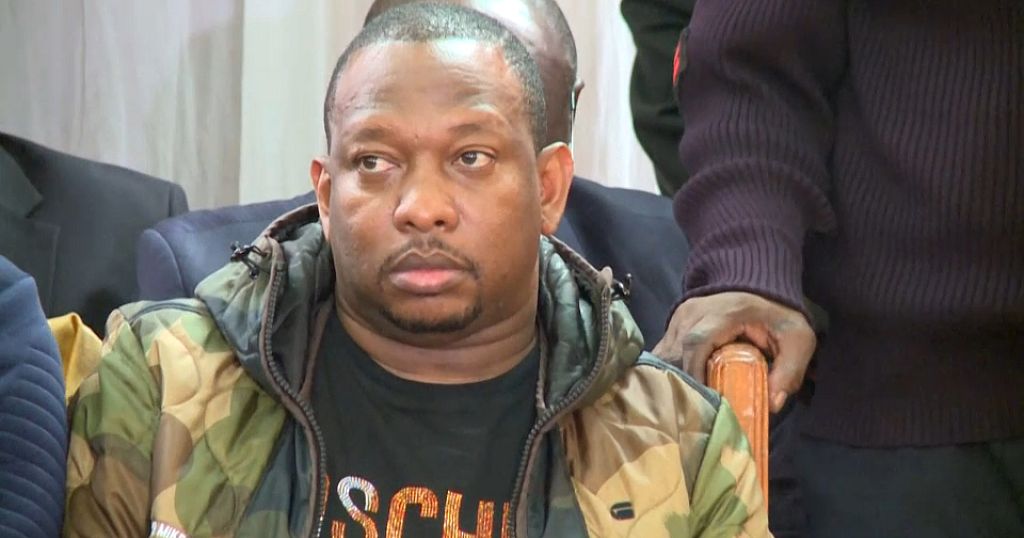Today is the World Press Freedom Day, which provides chance to examine the status and progress made in expanding access to information and communication and the resulting benefits to society.
Freedom of information is core to socio-economic and political development of any nation. In particular, it is germane to democracy and exercise of civil liberties.
It is instructive to note that this year’s theme is: “Role of media in elections and democracy”, which is a testament to the fact that the Press play a pivotal function in creating level playing field during political contests by offering voices to candidates to articulate their views and providing information to citizens to enable them make informed choices.
A fair and transparent electoral process is a prerequisite to democracy.
Citizens exercise their democratic rights only when they are properly informed; that is when they are able to make demands on those in authority to deliver on their obligations.
Africa and Kenya have generally come a long way in the pursuit of media freedoms.
Political liberalisation of the past two decades opened airwaves and allowed establishment of independent broadcast and radio stations, as well as expansion of print media.
Specifically, the 2010 Constitution anchors media freedoms, enjoining the government to create a conducive environment for citizens to access information.
The expansion of radio and television stations in the country is a perfect demonstration of the expanded media space.
Devolution that has seen dispersal of resources to counties has accentuated media freedoms, allowing emergence of strong community broadcast stations and print products that provide locally-tuned content that resonate with the people.
Globalisation and technological advancements have created new vistas for information and communication, guaranteeing instant information sharing and evolving strong communities online, who are able to challenge undemocratic or rigid governance structures and reshape the modes of engagement between the governors and the governed.
Even so, realisation of a media free society remains a challenge. The latest edition of the World Press Freedom Index published by Reporters Without Borders indicates that Kenya slid on the ranking order, from position 96 last year to 100 this year.
This is largely attributed to the increasingly hostile working environment for media practitioners, where brutality against journalists is on the rise and authorities use subtle threats and tactics to stifle press freedom.
Besides direct governmental threats, there are several other subtle ways through which the media are caged.
For example, the government, which is major advertiser, has been withholding advertising payments for media houses for months, jeopardising business and undermining their ability to practice independent and quality journalism.
As we celebrate the Press Freedom Day, we challenge governments to create environments that promote free flow of information.

 General News4 days ago
General News4 days ago
 General News5 days ago
General News5 days ago
 General News4 days ago
General News4 days ago
 General News3 days ago
General News3 days ago
 General News3 days ago
General News3 days ago
 General News2 days ago
General News2 days ago

